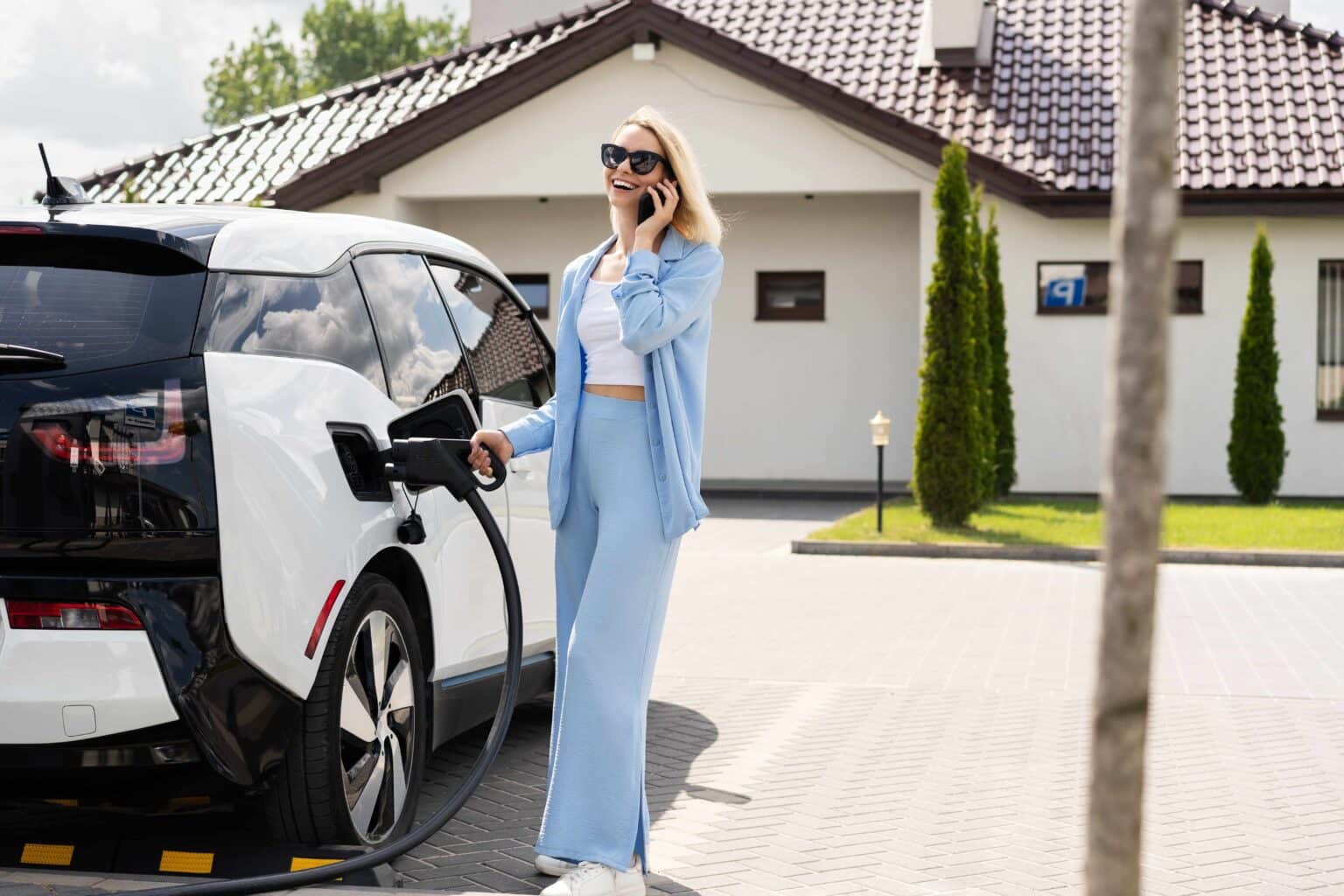The risk of fires in electric cars is considered very low, although extinguishing them can be complicated if they occur, which has led Allianz Partners to propose a series of maintenance and assistance measures to protect users and ensure their safety behind the wheel. Despite the average age of the car fleet in Spain being 14.2 years, electric vehicles continue to increase. Recently, the European Automobile Manufacturers Association (ACEA) revealed a 23.5% increase in the production of hybrid electric cars in January, while the production of gasoline and diesel vehicles experienced an 11.1% decline.
The reasons behind this trend include fuel savings, sustainability, and access to restricted areas. However, as with any type of vehicle, it is essential to take precautionary measures to avoid risks, especially related to the battery. Exposing the battery to inappropriate conditions, such as water or extreme temperatures, or not performing proper maintenance, can result in incidents. Recently, fires have been reported in an underground parking lot in Madrid and in a yard in Valencia.
Despite these events, a report from the Business Association for Electric Mobility highlights that electric cars are 20 times less likely to catch fire compared to traditional combustion vehicles. This statistic is attributed to the advanced technology of these vehicles, as well as the rigorous quality tests they must undergo, in addition to proper maintenance.
Allianz Partners recommends carrying out periodic checks with the manufacturer to prevent any problems. The company, positioned as a leader in the insurance and assistance sector, has developed a range of personalized services for those who choose electric mobility. These services include the installation and maintenance of charging points, as well as advice on financing and subsidies. They also cover damages at the charging point through their warranty extension insurance.
For electric vehicle owners, the battery should be their main concern. Keeping the charging point in good condition and adopting efficient driving practices are essential to prolong the life of the car. It is recommended to recharge the battery when its capacity is between 15% and 20%. If the battery runs out during a journey, it is crucial for the driver to contact their assistance company for guidance on available solutions. Jose María Moreno, commercial manager of Mobility at Allianz Partners, emphasizes that the company provides assistance to help resume the journey, including geolocation of nearby charging stations and the option of a replacement electric car.
In conclusion, the growing popularity of electric vehicles in Spain emphasizes the importance of a comprehensive approach to their safety and operation. Despite advances in sustainable mobility, drivers must pay attention to vital aspects such as the battery and charging point to avoid setbacks. With the right maintenance and assistance solutions, safe and efficient driving can be guaranteed, thus facilitating a reliable transition to zero-emission mobility.
Referrer: MiMub in Spanish










